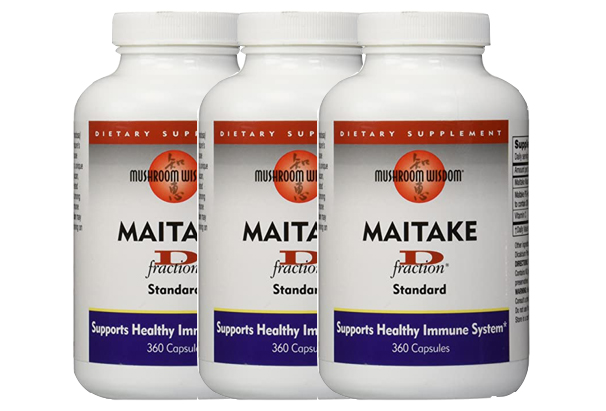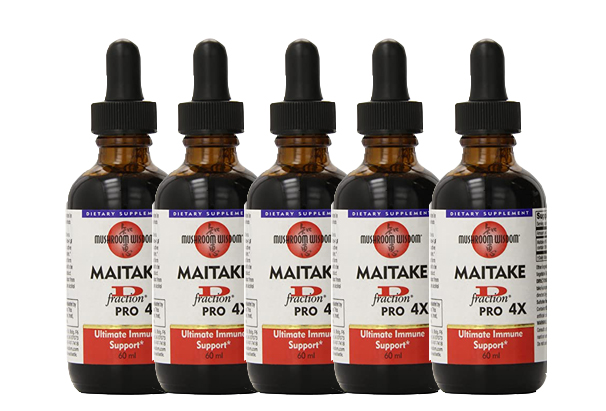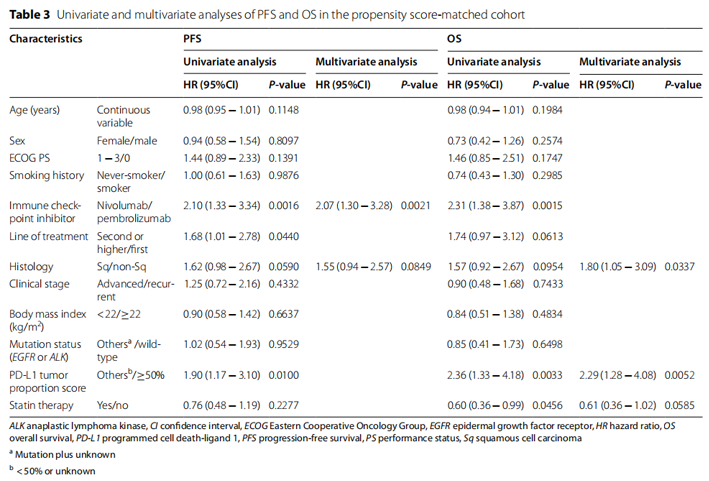Life lies in movement. Running in the gym after heavy work can not only strengthen the body, but also relax the mood and improve immunity. Whether exercise can prevent cancer has always been a controversial topic, and the effect of exercise therapy on cancer has always been a research hotspot.
For ordinary people, aerobic exercise is the recommended form of exercise. Its main ways are jogging, fast walking, Taijiquan, etc. However, whether aerobic exercise can help fight cancer, and how much intensity of exercise is effective, has never been decided.
Previous studies have shown that 30 minutes of aerobic exercise five times a week can effectively protect the cardiovascular system. A recent paper found that exercise of the same intensity can also play an anti-cancer role, and can greatly enhance the efficacy of cancer drugs, providing the latest scientific basis for exercise anti-cancer.
The study focused on pancreatic cancer. Pancreatic cancer is known as the "king of cancer". Due to its occult onset, high degree of malignancy, poor prognosis and difficult treatment, there is no effective means to cure advanced pancreatic cancer.
To evaluate whether aerobic exercise can inhibit the growth of pancreatic cancer cells, the researchers used a low-intensity treadmill running program, and divided the mice into control group and exercise group. These mice were loaded with pancreatic tumors. The mice in the experimental group exercised at least 5 days a week for 30 minutes each time, and the running speed was 15 cm / s.
In the mouse model of spontaneous pancreatic cancer, exercise led to a significant delay in the occurrence of tumors and a significant decrease in the proliferation of connective tissue. In the transplanted tumor model, movement also restricted tumor growth.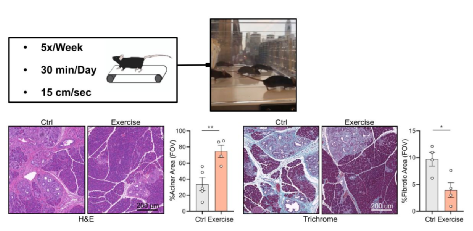
As previously reported that exercise may exert tumor inhibition through immune pathway, researchers conducted single-cell sequencing on samples to try to explore the immune principle. Through analysis, they found that in the tumor tissues of the exercise group, the immunosuppressive MDSC showed a contracting trend, while the cd8+t cells significantly expanded, which preliminarily indicated that the immune system might be activated.
MDSC, that is, bone marrow-derived suppressor cells, is a major type of immune cells in human pancreatic tumors, which can promote tumor immune escape and drug resistance. It is considered to be a kind of "bad" cells that "help the tyrants".
It was found that exercise reduced the mRNA levels of CXCR2 and CSF3R on bone marrow cells and the expression of CXCR2 on MDSC in vivo. The inhibitory effect of MDSC isolated from the tumor of exercise mice on T cells was significantly reduced.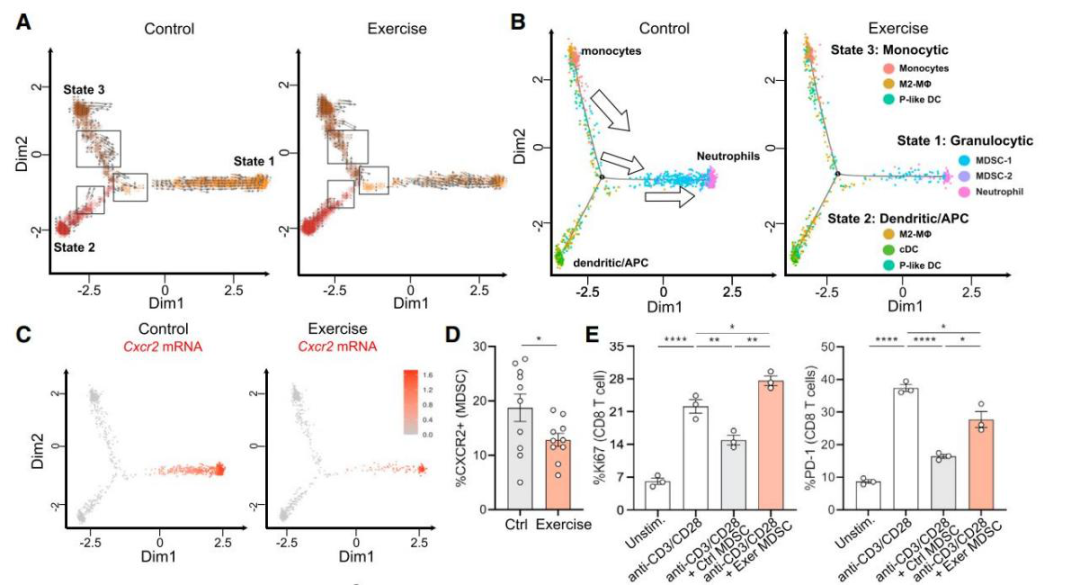
These results suggest that exercise remoulds the bone marrow microenvironment in pancreatic cancer, reduces the content of MDSC, and weakens its immunosuppressive function.
On the other hand, tumor infiltrating effector CD8 +t cells are the main force of human killing tumor cells, which can destroy tumor homeostasis and force tumor cells to die. They are regarded as "good" cells to overcome cancer.
Through the immunofluorescence test, the research team confirmed that the number of infiltrating cd8+t cells in the tumors of the exercise group increased. At the transcriptome level, these T cells have enhanced cytotoxic phenotype, indicating that these T cells have anti-tumor function.
Further studies showed that the reduction of MDSC alone was not enough to mediate the anti-cancer effect of exercise, so researchers focused on cd8+t cells. They removed cd8+t cells from mice in the control group and the exercise group and found that exercise could not play an anti-cancer effect without cd8+t cells.
In addition, when cd8+t cells were removed, the apoptosis of tumor cells also decreased. These results indicate that the therapeutic effect of exercise on pancreatic cancer depends on cd8+t cells.
The mouse experiment came to an end. Next, the research team further verified the anti-cancer mechanism of exercise in human patients. In a prospective clinical trial, they analyzed tumor samples from patients with pancreatic cancer who exercised before surgery. The results showed that patients who participated in preoperative exercise had more invasive cd8+t cells in their tumors, which was consistent with the mouse experiment.
How does exercise activate cd8+t cells? The research team found that il-15/il-15r α The shaft may be the pusher behind it. They blocked IL-15 signaling in vivo and observed that exercise-mediated anti-tumor immunity was reversed.
Further studies showed that exercise led to the increase of adrenaline, which affected the level of IL-15 in circulation and led to the expansion of cd8+t cells.
Next, they found that the super agonist of IL-15 could significantly improve the effect of immunotherapy and enhance the chemosensitivity of pancreatic cancer. This suggests that the combination of IL-15 super agonist, immunotherapy and chemotherapy may improve the therapeutic effect of pancreatic cancer.
The significance of this study is that it confirms that aerobic exercise plays a role in inhibiting cancer by enhancing immunity. The underlying mechanism may be adrenaline-il-15/il-15r α Axis activation. This not only emphasizes the importance of exercise to health, but also finds new targets for cancer therapy.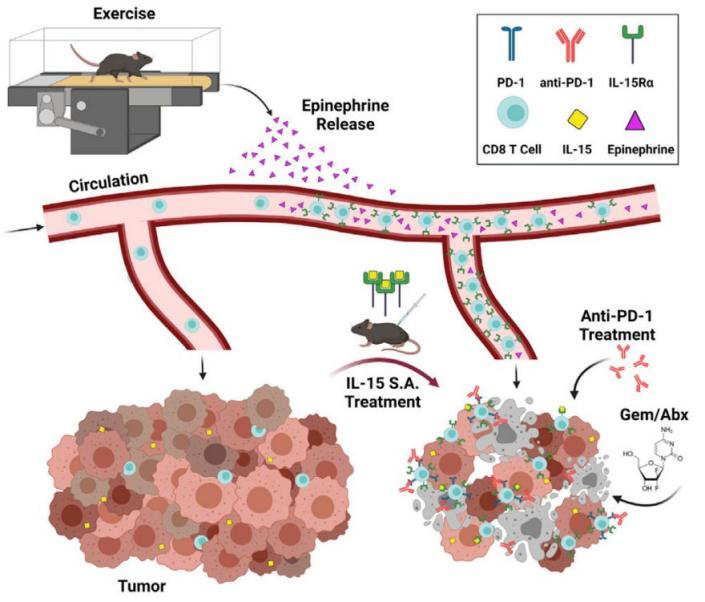
It is worth mentioning that cancer patients often have complications such as malnutrition. At this time, it is necessary to personalize the exercise intensity in order to give full play to the best effect.
So, in order to meet a healthier tomorrow, let's run together!
Reference material:
Emma Kurz, et al. Exercise-induced engagement of the IL-15/IL-15R α axis promotes anti-tumor immunity in pancreatic cancer. Cancer Cell. 2022; S1535-6108(22)00217-3. doi: 10.1016/j.ccell. 2022.05.006.
Original link:
https://www.medsci.cn/article/show_article.do?id=6e29e29994ab


